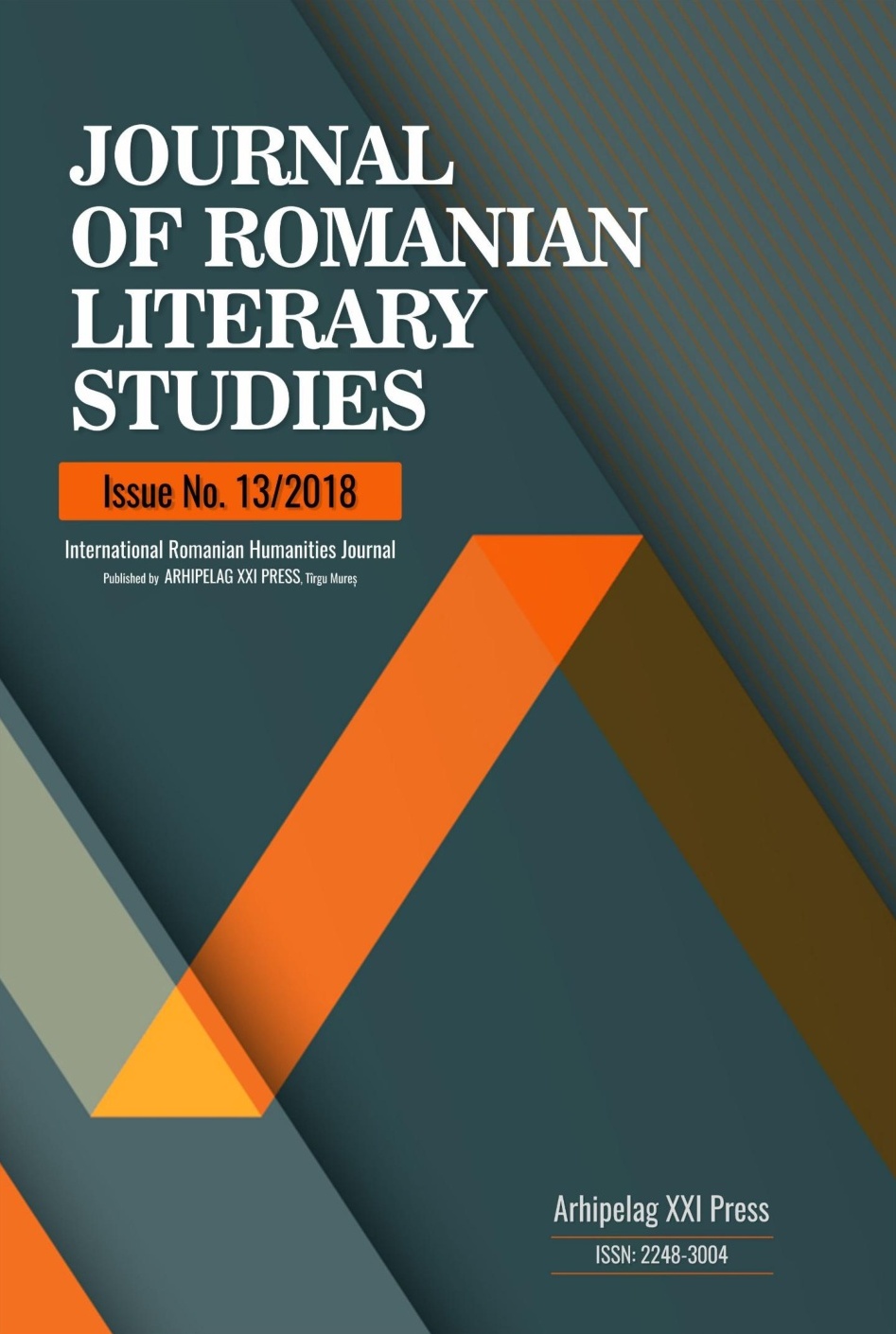CENSORSHIP DURING THE ROMANIAN PROLETCULTISM
CENSORSHIP DURING THE ROMANIAN PROLETCULTISM
Author(s): Alexandra ZotescuSubject(s): Politics, Romanian Literature, History of Communism
Published by: Editura Arhipelag XXI
Keywords: proletcultism; censorship; propaganda; socialist realism;
Summary/Abstract: In a totalitarian state, where the power system was a particular one, the social life had an unusual activity and the culture had unexpected parts, the relation between literature and politics was special. During communism the culture was subordinated to the political system and the writers became sometimes officers of that system. The censorship was the first condition for the literature existence. By respecting the party's indications, the censors asked the writers changes of vision. They had to get inspired only from the socialist actuality, to inculcate the fact that during communism people lived better than in any other historical period and that the ones who were against communism destroyed the Romanian spirituality. Proletcultism represented a hostile era in which the literature was oriented in a wrong direction and it was marked by a conflict between esthetic and politics, as well the two sides writers (the ones who accepted the ethical compromise and the ones who managed to maintain a certain independence concerning their work). The censorship role was to annihilate the gap between reality and ideology. The cultural view during the Romanian communism became more and more degraded. Romania was a closed society characterized by repression on each level.
Journal: Journal of Romanian Literary Studies
- Issue Year: 2018
- Issue No: 13
- Page Range: 607-616
- Page Count: 10
- Language: Romanian

